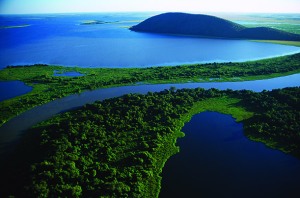WHO OWNS WATER?
Countless sources point out that water is headed towards a crisis. Little do we know, we are in the midst of a worldwide water crisis.
Is water a human right?
Many believe that water is a renewable resource, that once it is used, more can be manufactured, created, manufactured and so on. This is not true. Corporations believe that water is a commodity. In a study by the Environmental Business Journal, the United States alone generated over 100 billion dollars in revenue from water in 2003. The study also states that the industry is growing by 10 percent every year.
However, is water a commodity? In an article by Kathleen O’Hara of the Toronto Star entitled World Views Collide Over Water, she points to dedicated individuals like the Council of Canadians chair, Maude Barlow (she also wrote the book Blue Covenant: the Global Water Crisis and the Coming Battle for the Right of Water). O’Hara points out that “on one side, large corporations with, as Barlow points out, the assistance of most First World governments, the World Bank, the International Monetary Fund, the World Trade Organization and even the United Nations, are trying to promote the concept of water as a commodity, like oil, to be owned, sold and traded.” O’Hara also goes on to quote Barlow that these corporations and organizations “have established an elaborate infrastructure to promote the private control of water, and they work in close tandem with one another.”
On the other side of the fence, there are people that Barlow believes that water is “the common heritage of all humans and other species, as well as a public trust that must not be appropriated for personal profit or denied to anyone because of an inability to pay.”
Which side of the fence would you choose? Is water a human right or a commodity to be bought, sold, packaged, marketed, traded and bartered with? With the dwindling fresh water reserves around the world, do you want someone to control that water in order to make a profit or do you believe that it is something that must be guarded, protected and shared. It’s a simple choice, but a relevant one considering the global water crisis that is underway. We all have one thing in common, from the villager in the smallest African communities to the inhabitant of sprawling metropolitan centres; we need water to live. Do we deserve to own water?
Labels: water




















